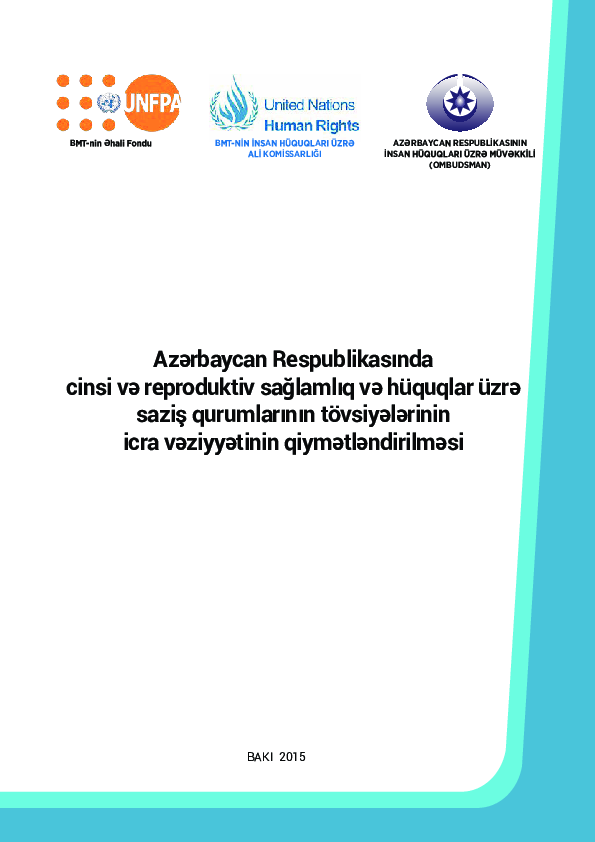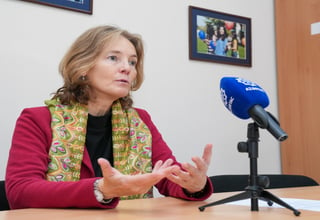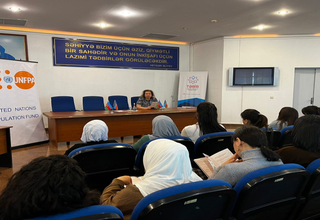The discourse on sexual and reproductive health and rights (SRHR) was first introduced 20 years ago when the
world community of nations gathered in Cairo for the International Conference on Population and Development
(ICPD). As known, many of the rights recognized in the ICPD are stemming from human rights treaties including
the UN Convention on Elimination of All Forms of Discrimination Against Women. The vast majority of human
rights provisions reflected in those treaties have either direct or indirect impact on sexual and reproductive health
and rights. Yet, the ICPD is unique for being a pioneer framework defining that women’s reproductive health and
rights are a goal in itself as well as the major principle that should guide the development of any policies and
programmes related to population growth and development.
It is worthwhile to note that the Republic of Azerbaijan was among 179 UN member states that expressed
their commitment to ICPD agenda and have persistently strived ever since to intensify the efforts for better
protection and promotion of reproductive health and rights of the population in general and the most vulnerable
groups in particular. Series of important strategic interventions have been used to ensure comprehensive
and universal access to reproductive health services and rights in the country. These included but were not
limited to adoption of the National Strategy for protection of reproductive health of the population (2008-2015),
development and institutionalization of clinical protocols on maternal health and family planning, improvement
of health infrastructure, etc. Yet, the review of the country’s human rights record by UN treaty monitoring bodies
reveals that there are still series of structural and policy gaps impeding effective protection of SRHR in Azerbaijan.
The importance of this assessment for addressing the existing gaps is crucial since this is the first time
when a human rights lens is applied to monitor the progress on protection and promotion of SRHR as well as
provide a series of legal and policy recommendations to address the gaps. The assessment focuses on six key
SRHR issues such as access to reproductive health information and services, abortion, maternal health, violence
against women, comprehensive and age-appropriate education on sexual and reproductive health and rights and
HIV/AIDS as well as important cross-cutting themes including inter alia gender stereotyping, vulnerable groups,
accountability and access to justice and data monitoring.
It has now been universally acknowledged that sustainable development is not possible unless human rights
with respect to sexual and reproductive health are effectively protected and promoted, since all individuals
must have the rights and opportunities to make decisions concerning their sexual and reproductive lives free
from coercion, discrimination and violence. Such an approach will translate into improved educational, socioeconomic
and political outcomes for the population in general and the women and girls in particular while viewed
in a larger human rights spectrum of universality, inalienability, indivisibility and interdependency of SRHR.




